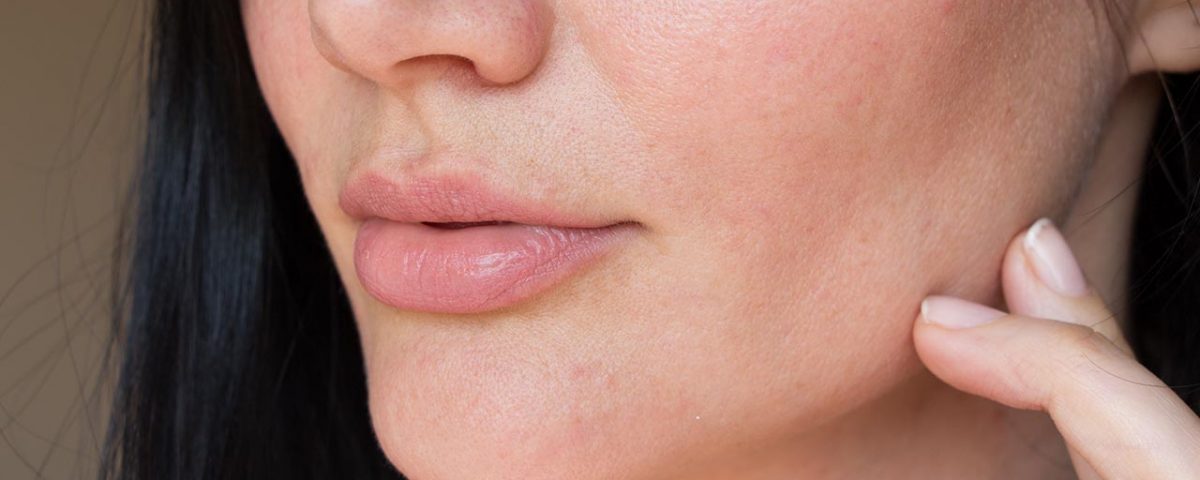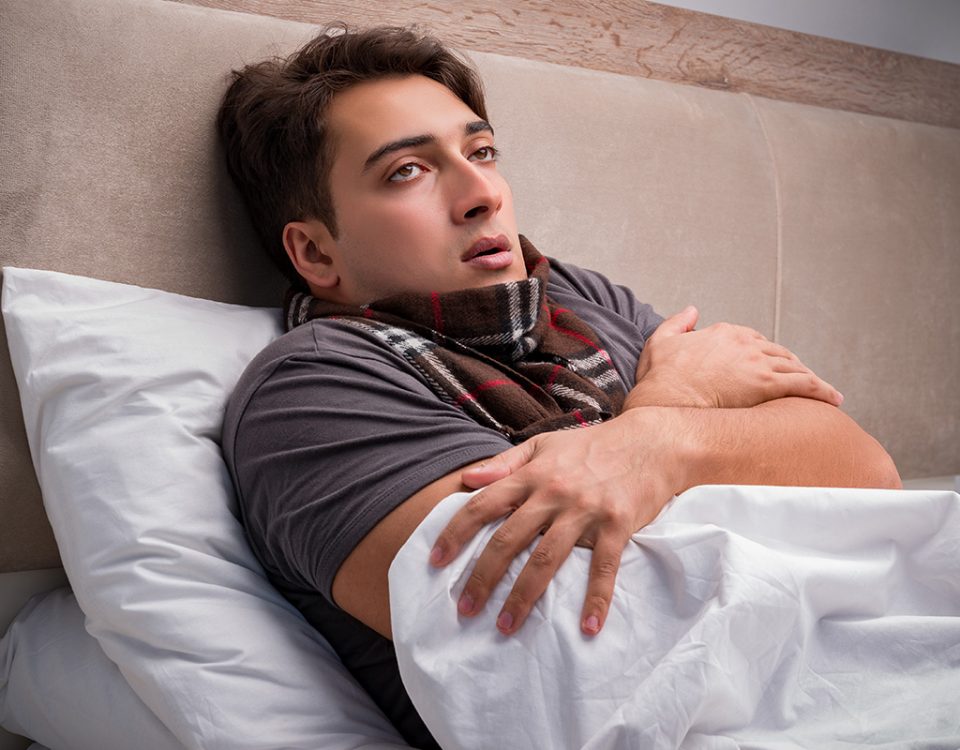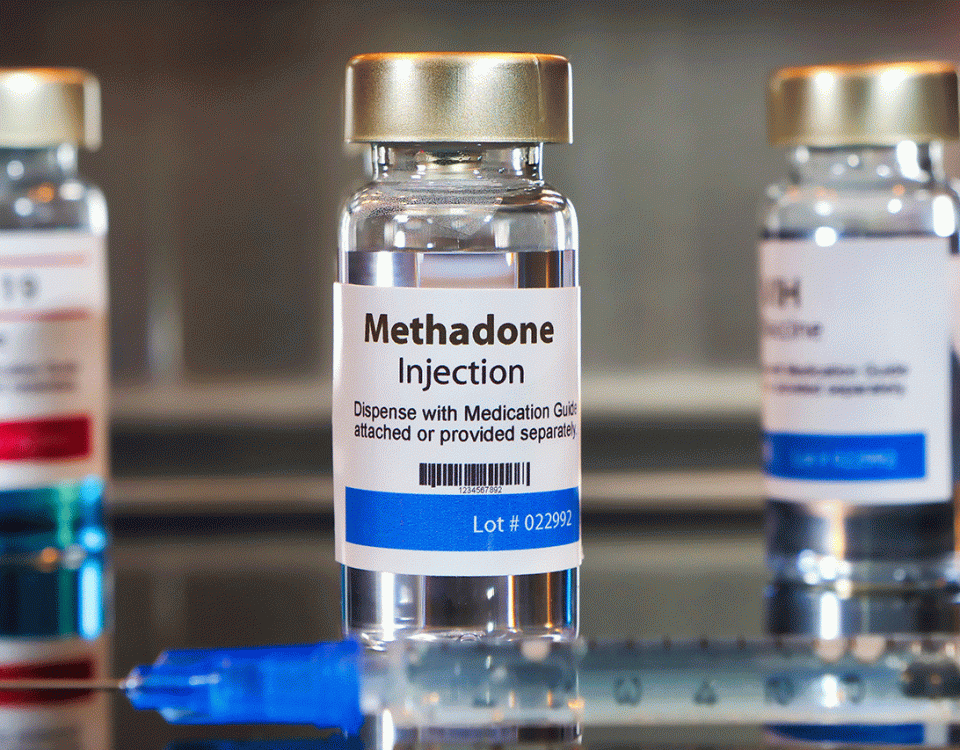Understanding the intricacies of how alcohol affects the body can be challenging. In certain individuals, alcohol use may result in unexpected reactions that vary in severity from minor discomfort to more serious allergic reactions. One such phenomenon that often baffles people is the appearance of hives after consuming alcohol. Regardless of whether the histamines in alcohol directly cause this skin illness or if it is the body's response to alcohol withdrawal, it is still worthwhile to investigate further. Banyan Stuart works to answer the question, "Can alcohol make you break out in hives?" We shed light on pertinent factors and provide enlightening advice to those attempting to understand and regulate these responses.
Why Do I Break Out in Hives When I Drink Alcohol?
For some individuals, the seemingly innocent act of enjoying a drink can lead to an uncomfortable and perplexing reaction - hives. Alcohol-induced urticaria is a condition where an allergic reaction is triggered by the immune system misinterpreting certain ingredients in alcoholic beverages as threats. Histamines in alcoholic beverages are frequently the main culprits since they can trigger the body's immune cells to release substances such as histamine, which causes skin inflammation and the recognizable raised, itchy welts known as hives.
In addition to histamines, other preservatives, such as sulfites found in some alcoholic beverages, might also trigger this reaction. Sometimes, the substances in a drink—like specific fruits in cocktails or grains in beer—rather than the alcohol itself can cause an allergic reaction. People with this illness can make more educated decisions about their alcohol intake and seek the right medical care if they are aware of the precise triggers.
Moreover, urticaria brought on by alcohol may be influenced by hereditary factors. There are certain people who may be genetically predisposed to allergies or who are more sensitive to specific ingredients in alcohol. Additionally, the risk of developing hives in response to alcohol might be elevated by pre-existing allergies or sensitivity to other substances, such as pollen or specific foods. It is important to note that reactions can differ greatly in intensity across individuals; some may just have moderate redness and itching, while others may experience more severe and uncomfortable eruptions. It's critical to get medical help right away if the reaction is strong or followed by other worrisome symptoms, such as breathing difficulties, as these could be signs of a more serious allergic reaction that has to be treated.
Can Alcohol Withdrawal Cause Hives?
After lengthy and excessive alcohol usage, alcohol withdrawal is a complex physiological response that happens when a person abruptly quits drinking or drastically cuts back. Although tremors, anxiety, seizures, and other neurological problems are the most common symptoms of alcohol withdrawal, it's vital to remember that hives are a possible side effect of this illness. This phenomenon is explained by the body's increased reactivity during withdrawal, which is an attempt to regain balance when alcohol is not present.
Some factors that can contribute to the development of alcohol withdrawal hives include:
- Increased histamine release: The body experiences a number of changes when going through an alcohol withdrawal, one of which is an increase in histamine release. Histamines are a substance that causes allergic reactions, and this spike in them can cause skin reactions like hives. During alcohol withdrawal, the body's immune system is hyperaware, which can make it more sensitive to triggers, such as histamines.
- Stress response: The body undergoes extreme stress during alcohol withdrawal. Sensitive people may experience skin reactions as a result of the hormones and chemicals released during the stress response. One sign of this elevated stress reaction that the body is having trouble adjusting to the abrupt lack of alcohol could be hives.
Moreover, individuals undergoing alcohol withdrawal, particularly those prone to allergies, are often in a compromised state of health, which can further exacerbate their susceptibility to allergic reactions, including hives from alcohol withdrawal. It is crucial for individuals experiencing alcohol withdrawal symptoms, including hives from alcohol withdrawal, to seek immediate medical attention, as this can be indicative of a severe and potentially life-threatening condition. Professional medical guidance and support are essential for managing alcohol withdrawal and hives safely and effectively.
How Do You Treat Alcohol Hives and Addiction?
So the answer is yes, alcohol can make you break out in hives, but that doesn’t mean it cannot be treated. Numerous approaches must be used to cure hives brought on by alcohol. For individuals who consume alcohol and experience hives as a direct result, being aware of alcohol triggers to stay away from, such as histamines or preservatives, might be crucial to making informed drinking choices. Additionally, speaking with a medical professional could help in developing a personalized plan to manage and alleviate hives. Antihistamines, both topical and oral, are commonly used to treat symptoms.
Additionally, adopting a holistic approach to well-being that incorporates stress-reduction techniques, a balanced diet, and regular exercise may increase the body's overall resilience and may reduce the frequency and severity of hives episodes. In more severe situations, medical intervention can be necessary, particularly if the hives are persistent or accompanied by other concerning symptoms.
Alcohol addiction treatment requires a multifaceted approach that includes social, psychological, and medical components. Getting expert assistance, such as from the Stuart, Florida Banyan Treatment Center, is frequently the first and most important step. Those with severe alcohol dependence may need medically supervised alcohol detox in order to appropriately manage their withdrawal symptoms. Counseling, support groups, and behavioral therapies can all be very helpful in addressing the root causes of addiction and creating more constructive coping strategies.









